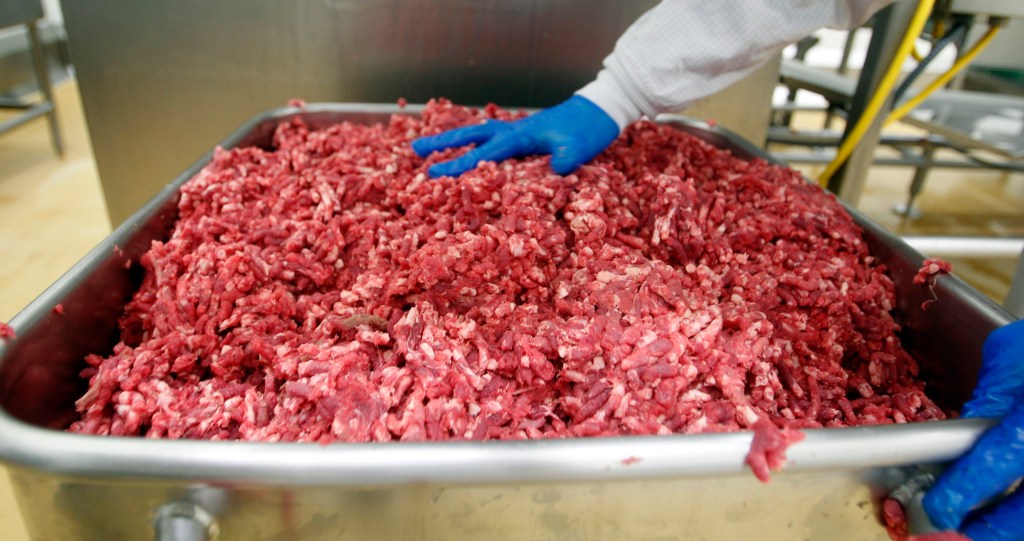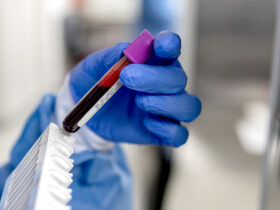United States: As this is becoming the concern for the beef eaters amid bird flu, and bird flu continues to spread among the dairy cows, the United States Department of Agriculture said on Monday, testing the ground beef for any presence of the virus.
Beef Sampling Initiative
The agency has said that it is sampling the ground beef and bought it to the grocery stores where the dairy has tested positive for the virus which is also known as H5N1, reported by CNN, though they are also testing the samples of the muscle tissue from the infected cows that have been culled from their herd.
And, USDA is also injecting a “virus surrogate” into the ground beef and then cooking it at the different temperatures to check whether how much virus it could kill under each heat setting, but still the agency has stated that testing doesn’t mean the beef supply is not safe.
“USDA is confident that the meat supply is safe. USDA has a rigorous meat inspection process” and “multiple safeguards in place to protect consumers,” the agency said in a statement, CNN reported.
They recommended that the consumers can properly have raw meats and can cook safely to kill the internal virus present in the meat, just to be on the safer side.
Viral Load Testing
United States Health officials are already testing the milk samples for live bird flu virus, and none has been found in any batch of the samples that have tested, federal health officials announced on Friday.
The US food and drug administration said that the milk which is sold in the stores is still safe as it has been heated in a specific temperature and also the pasteurization process is also killing the virus throughout.
These results are reaffirming that the samples of commercial milk supply is safe and testing efforts are continued to confirm the health and safety on an individuals.
“The FDA is further assessing retail samples from its study of 297 samples of retail dairy products from 38 states,” it stated. “All samples with a PCR-positive result are going through egg inoculation tests, a gold standard for determining if infectious virus is present.”
“These important efforts are ongoing, and we are committed to sharing additional testing results as soon as possible,” the Food and Drug Administration stated.
Additionally, powdered milk formulae for infants and toddlers were checked by FDA inspectors, who reported that they found no signs of the virus.
In contrast, the U.S. Food and Drug Administration said last week that genetic pieces of the bird flu virus were found in around 20% of retail milk samples examined in a nationwide survey. According to that previous discovery, dairy cows have been affected by avian flu significantly more extensively than initially believed by authorities.
Consumer Safety Assurance
Samples that have been tested from the different parts of the country are more likely to test positive and they have also stated that there is no evidence like this as this milk contain any kind of danger to the consumers.
Twenty-three individuals had tested positive for the virus as of Wednesday, while 44 others who had been exposed to H5N1 were under observation, according to the Times. There has only been one case of human infection to yet, and that was in a dairy worker in Texas who came into close contact with ill cows. The situation was not serious.
Nonetheless, a prolonged epidemic among cows would increase the virus’s potential to transmit to people. Pasteurization, which involves quickly heating milk, is thought by experts to eliminate the virus.
The Times was informed by Samuel Alcaine, a microbiologist and food scientist at Cornell University in New York, “And when you destroy the virus, it’s going to release genetic material.”










